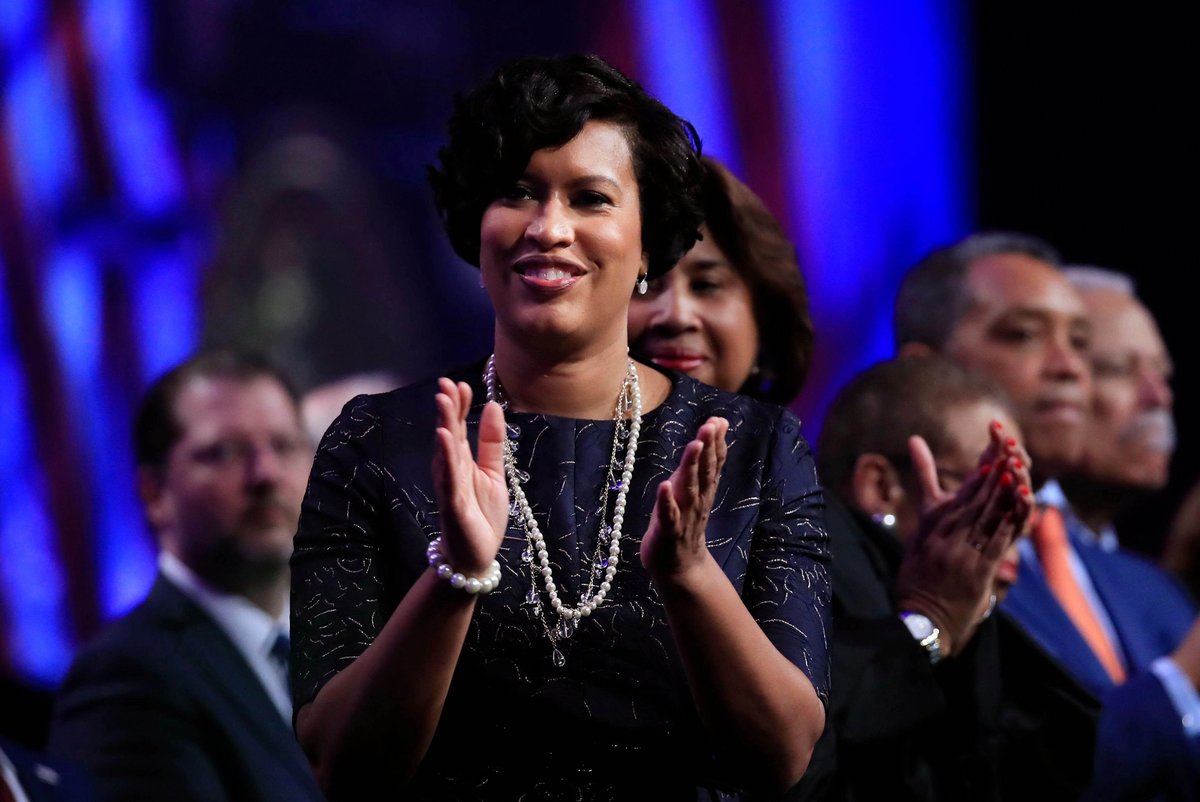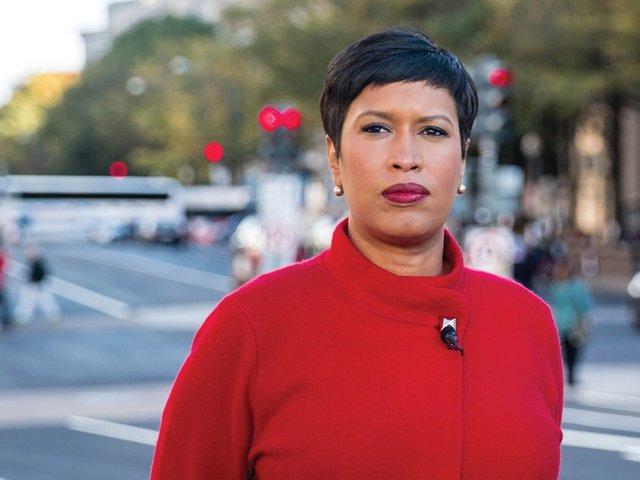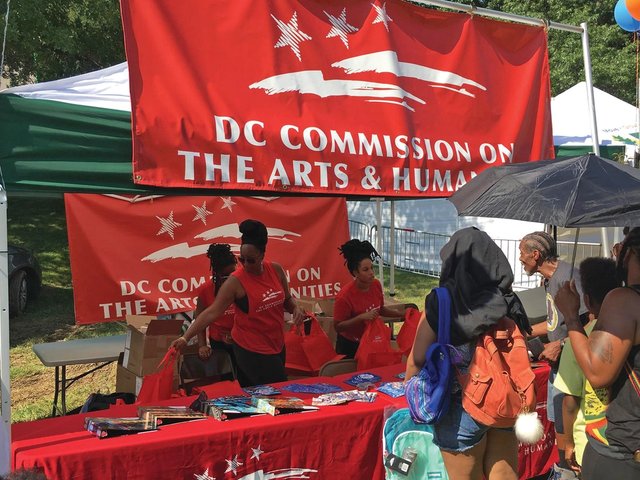The staff of the District of Columbia Commission on the Arts and Humanities (DCCAH) in Washington, DC was locked out of the agency’s art collection on 30 August by the city’s mayoral office, escalating a months-long dispute between the two agencies.
Members of the staff arrived at the DCCAH offices just before the Labor Day federal holiday weekend to find that their key cards to the art collection storage units—known as the Art Bank—no longer worked, according to the Washington City Paper, which first reported the news.
Multiple sources, among them a staff member who is not authorised to talk about the incident, confirmed to The Art Newspaper that a security officer arrived on the morning of 30 August to discuss the situation in the office's lobby with Terrie Rouse-Rosario, the commission’s outgoing interim director. When staffers returned on Tuesday after the holiday weekend, access was still denied, though it has since been restored.
The Art Bank is a collection of works that have been purchased annually by the commission in an effort to support local artists and make art available to city offices. Safeguarded in the vault are roughly 3,000 paintings, sculptures, photographs and other various objects by artists who have lived and worked in DC, among them works by the modern expressionist painter Alma Thomas, the Colour Field painter Sam Gilliam and the photographer William Christenberry.
Kay Kendall, the board chair for the Arts Commission, said in a memo issued to commissioners that the locks had been changed, stating: “Yes, apparently last Friday when [art collection registrar Ron Humbertson] tried to access the art vault to get art for an installation, he could not get in… It was a surprise as he (and no one to my knowledge) had a heads up.”
Who maintains the Art Bank collection is currently unclear. Though the Arts Commission purchases the works, they are deemed the property of and insured by the DC government, according to the Office of the Deputy Mayor for Planning & Economic Development. How the decision was made to cut access to the collection for DCCAH staffers remains unknown. “It was outside the agency… We didn’t lock ourselves out, of course,” Jeffrey Scott, chief of external affairs for the commission, told the Washington City Paper.
"The mayor's attempt to confiscate the arts commission's collection is mind-boggling to many, of great concern to artists, who don't want their work held hostage in a political dispute," says Peter Nesbett, executive director of the Washington Project for the Arts.
The mayor’s office had not responded to a request for comment by the time of publication of this article.
The lock-out is part of an ongoing struggle between the DCCAH and the mayor’s office. The Arts Commission manages the city’s grants program for artists and arts organisations and oversees public art projects and events. It has historically been headed by a mayoral appointee who acts as a liaison between the two bodies, reporting to the deputy mayor for planning and economic development. Tensions between the agencies have been high since last autumn, when the DCCAH vociferously lobbied against an amendment that the mayor’s office inserted into an agreement that grant recipients sign to receive their funds. The amendment would have banned “lewd, lascivious, vulgar, [or] overtly political” works, but it was scrapped within a week due to the backlash from commissioners and community members who deemed the clause an act of censorship.
In April, the city introduced its new Cultural Plan, an inter-agency initiative that prescribed ways that the city can support and grow DC’s cultural economy and in which the mayor proposed converting $8.4m in arts organisation grants to loans instead. She also proposed undoing a sales tax that provided dedicated funding for the arts commission, something that had been hard-won by the arts community and was just enacted last year. Many artists and cultural leaders claimed the plan lacked an understanding of artists’ core needs, particularly funding opportunities, and a number of community members turned out at the budget hearings to testify against it.
This summer, the DC city council effectively sided with the arts community and passed an amendment to turn the Arts Commission into an independent agency so that it could govern its own finances, effective 1 October. Its acting director, Rouse-Rosario, then resigned in August, effective 30 September, but not before using much of the budget to fill a number of senior positions with people earning six-figure salaries, as previously reported in the City Paper. A new director has yet to be named.
On 28 August, Mayor Muriel Bowser announced a new Creative Affairs Office in a bid to reassert more control over arts funding and policy. The Creative Affairs Office will ostensibly serve as an intermediary between the executive office and the soon-to-be independent DCCAH.




